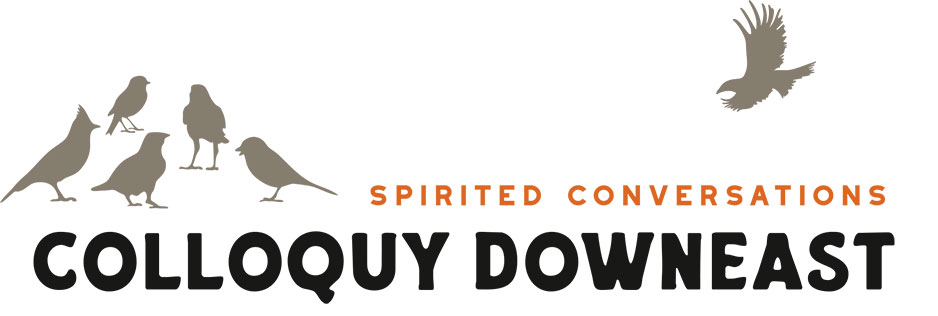Shells Etc.
| |||||||
Shells: Invertebrates of Maine Shores and their Conservation
What used to be called beach combing can be a serious endeavor, given our increased awareness of the ways in which ocean acidification, invasive species, and over-exploitation are potentially altering ecosystems. We will focus our interest by preparing personal notebooks. Each participant will select 10-20 Maine marine invertebrate animals from our area, and design and illustrate a fact sheet for each regarding identification, distribution, life cycle, food, repro-duction, predators, interactions with people, and habitat requirements. Discussions include historical aspects of marine intertidal invertebrates, rarity, environmental impacts in the Gulf of Maine, links to larger conservation efforts, and limits of science and society in understanding and appreciating intertidal biota. A half-day field trip will give participants a chance to test their new knowledge in a team as we prepare an inventory of animal evidence at a local beach.
Alison Dibble, of Brooklin, is a conservation biologist in the process of retiring from the University of Maine, Orono. Her passion for marine mollusks and other animals of the intertidal is evidenced by her extensive collections of dead shells. She studies shell distribution from the Chesapeake to Prince Edward Island, and has interest in shells and other marine invertebrates of the Caribbean and Hawaii. She finds animals that are rarely documented in Maine and wants to share knowledge she has gained through her persistent effort.
▼ Registration
Registration
Bookings are now closed (or the colloquy has been cancelled)
We aren't currently accepting bookings for Shells Etc..
If you are trying to pay for a colloquy that you've already attended or have questions about refunds, please contact our Treasurer to work out the details.
▲ Hide...


